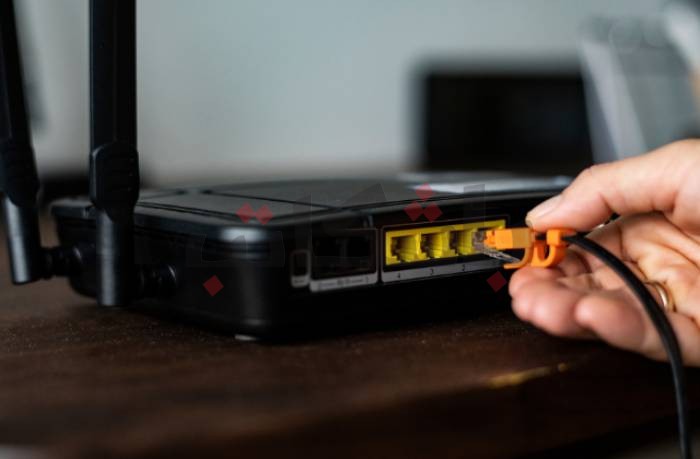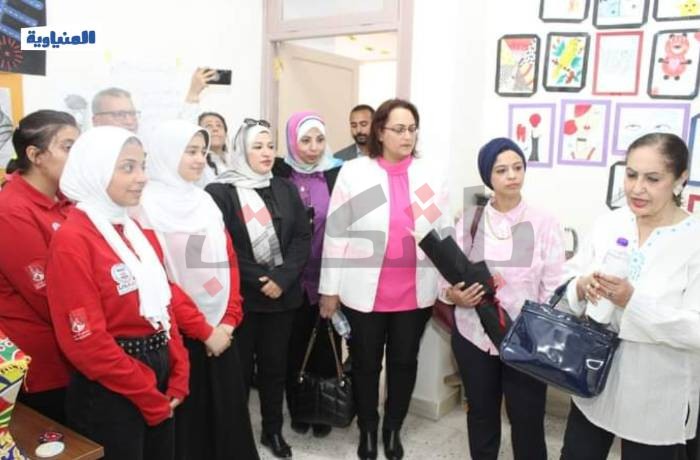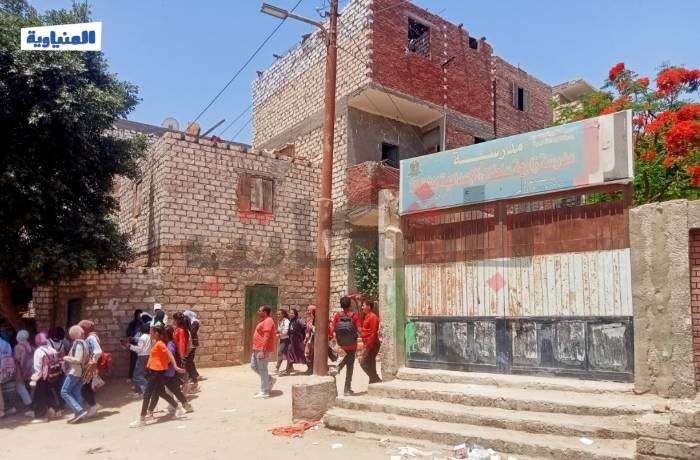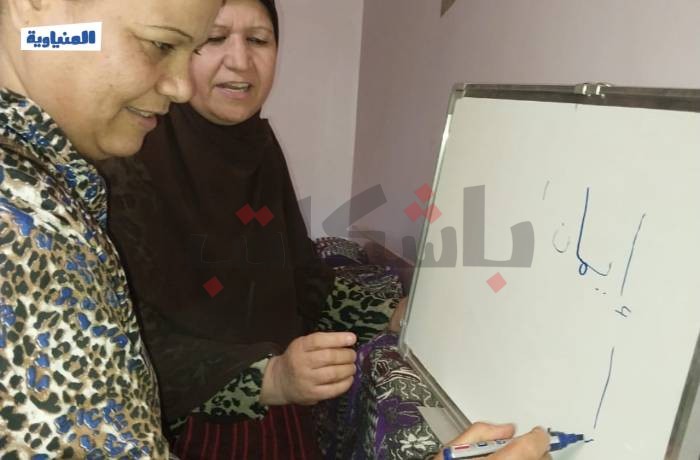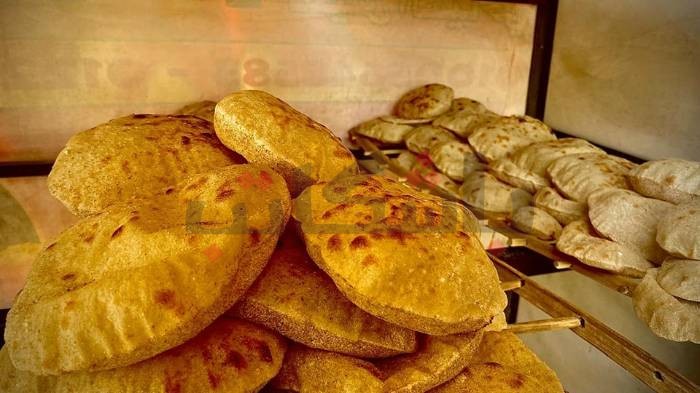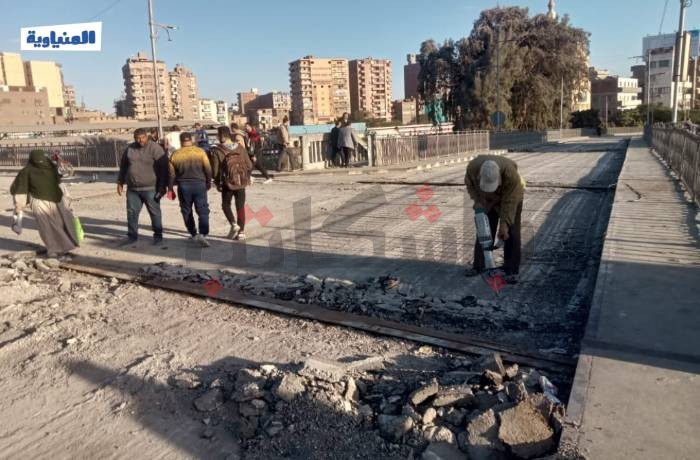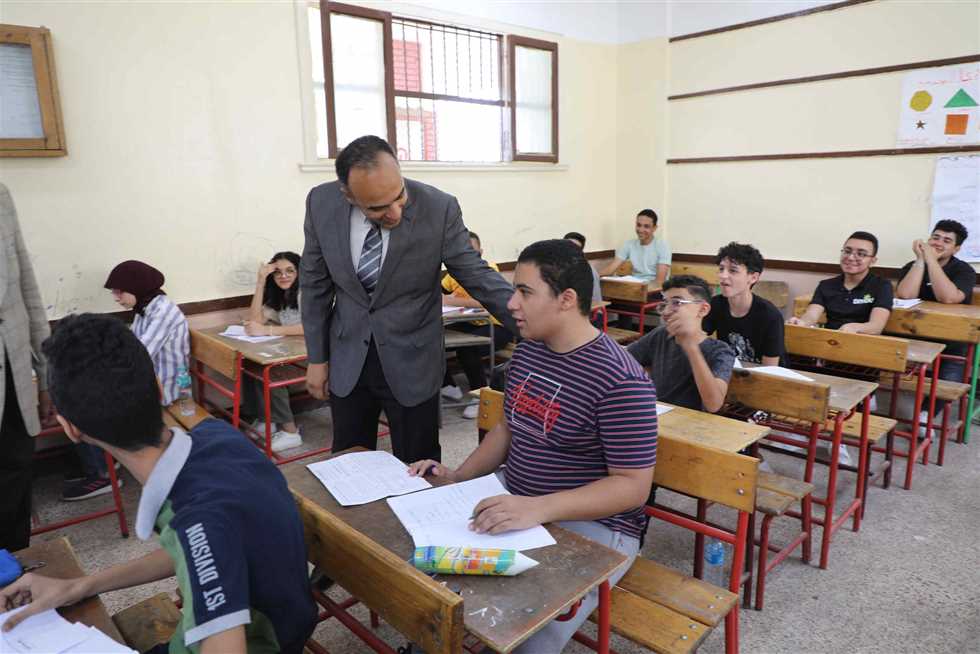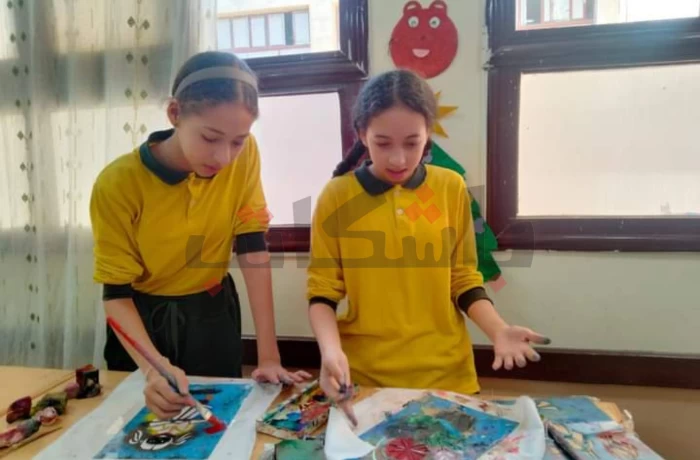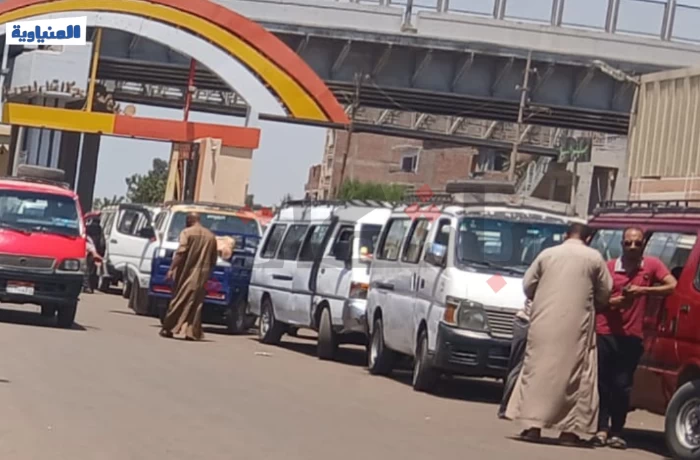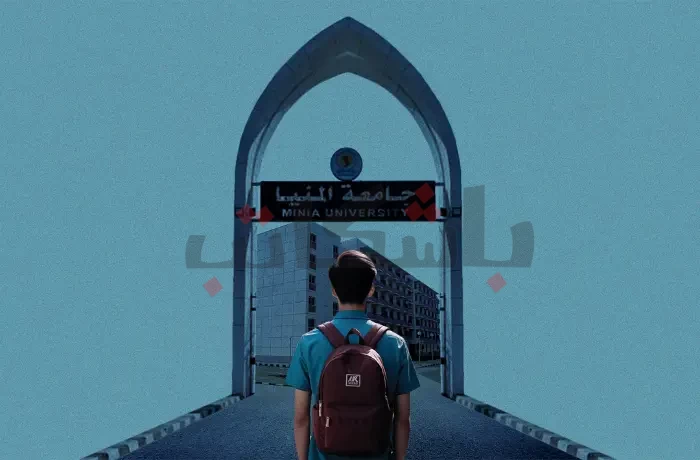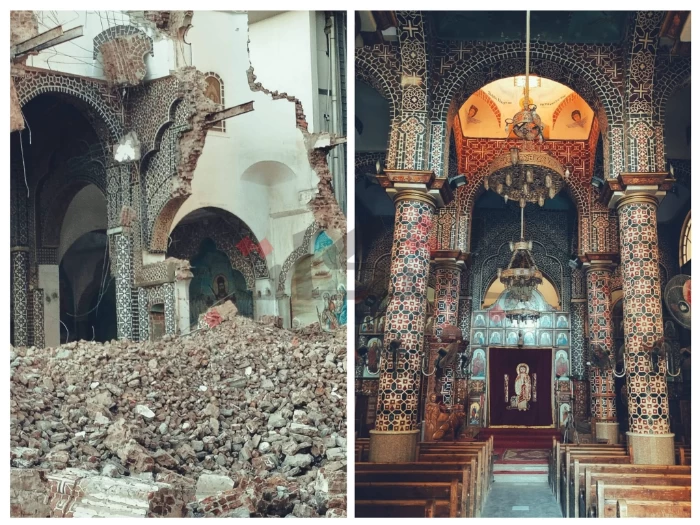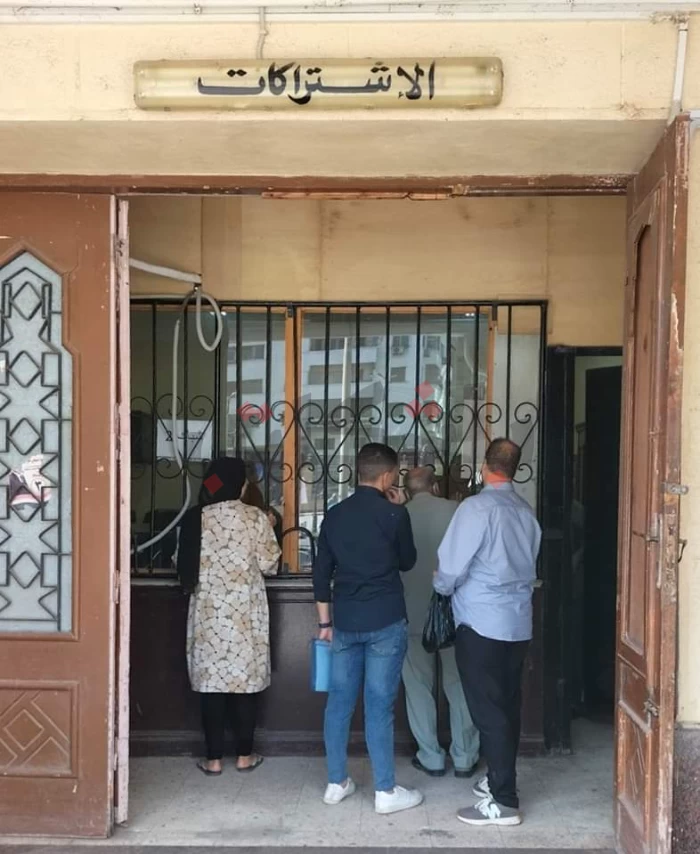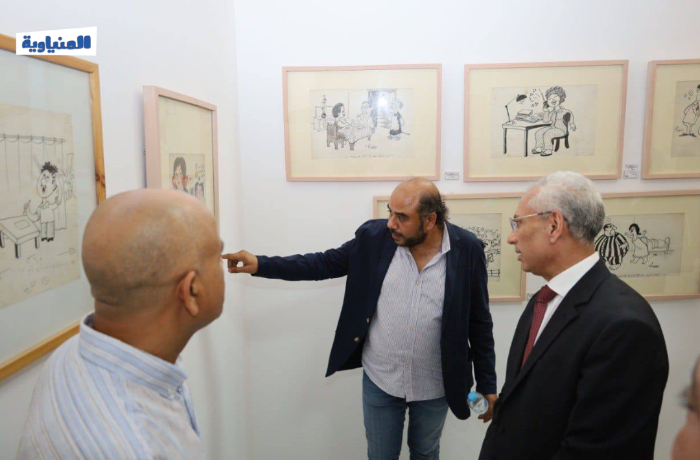Umm Mahmoud, 50 years old, went through tough days in her home in Minya Governorate at the beginning of October, lasting for over a week. Her heart was filled with worry about the fate of her son Mahmoud, who works in the city of Benghazi, Libya, since she lost contact with him.
Questions swirled in her mind every day... 'Why hasn't he called me?'... 'Where has he gone?' However, she didn't know that the disruption in communications from the city had prevented her son from making his daily calls to her.
The majority of Egyptian workers in Libya come from three governorates: Minya, Fayoum, and Beheira. This information comes from a report titled 'Egyptian Migrant Labor in Libya' prepared by the International Organization for Migration in June 2022. It noted that the number of Egyptians there amounts to 144,543, with carpentry and construction being among the most common professions they engage in."
The organization states that 21% of the total migrants in Libya are Egyptians, with approximately 11% of them being from Minya. Most of them travelled to Libya without their families.
There's no other means of communication between Minya and Benghazi except the internet," says Umm Mahmoud. "I was extremely worried about my son... we couldn't reach out to him. The anxiety was even greater than during the Israeli attacks in Gaza Strip.
She isn't the only one filled with worry. For instance, Hossam Amr, 33 years old from Minya, works as a carpenter in Benghazi. He had to make numerous adjustments in his work routine just to travel between the two cities to reassure his family.
Speaking to 'Al-Minyaouia' via the internet after his return, he said, “I used to go daily to Al-Marj city to make an international call to my family in Egypt, which meant spending two hours in transportation. I couldn't wait for the internet service to resume because my daughter was in the hospital, and I needed to check on her.”
This is the first time Amr struggled to reach his family in Minya, as during the two years he spent in Libya, the internet had never been offline for such an extended period.
Amr supports a family—his wife and two children aged ten and five—whom he left in Minya while seeking a livelihood in another country when construction work halted for some time in his hometown."
As a single Egyptian living in a city where he doesn't know many people well, Mahmoud Ali, 23 years old and also from Minya, experienced increased feelings of estrangement. He works as a plumber in Benghazi, Libya. He says, “The days when communications were cut off made me feel even more distant from my family, and being away from my friends made me feel sad.”
Ali used to spend his days online after finishing his work, checking the news and then connecting with his family and friends. However, what softened the sense of distance during the hours of no communication was socializing with other workers, playing dominoes, and staying up late. Yet, this wasn't enough to reassure Mahmoud. He adds, “I was very worried about my family, and I also knew they were suffering”.
Moreover, he missed all the news about friends and relatives. He mentioned that his mother informed him that his cousin had recently gotten married. He explained, “If it weren't for the internet outage, I could have seen the celebration live through a video call”.
Estimates from the Ministry of Emigration and Egyptian Expatriate Affairs until last September indicate that the number of registered Egyptians working in Libya is close to 350,000.
The Libyan city of Benghazi experienced an internet outage since the 6th of October due to disruption and severing of the fiber optic cable. This was confirmed by a previous statement from Mohamed Al-Bedari, the Director of Digital Media at the Libyan Telecom and Technology Company, the government-owned entity providing telecommunication services in Libya.
Later, on the 13th of the month, the Ministry of Communications and Information Technology of the Libyan government announced the restoration of internet services across all companies within Benghazi following the completion of maintenance operations on the fiber optic cables.
Benghazi is the second-largest city in Libya, inhabited by approximately 807,255 Libyans, according to the latest figure released by the Libyan Bureau of Statistics and Census in 2020.
